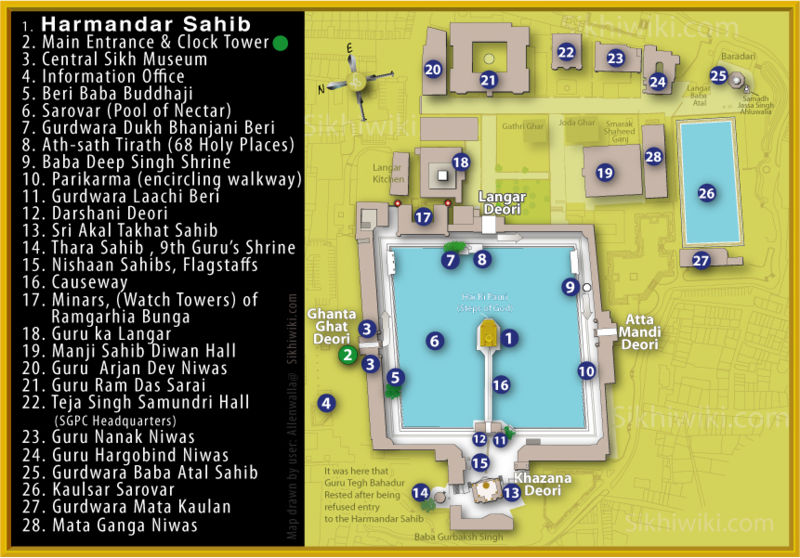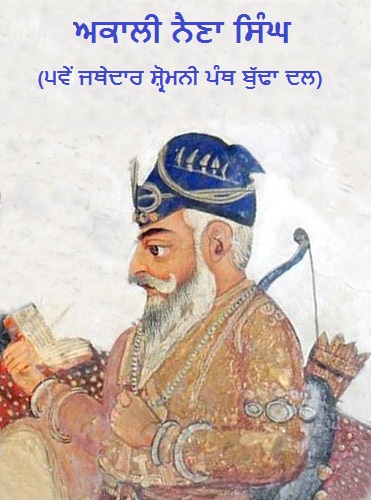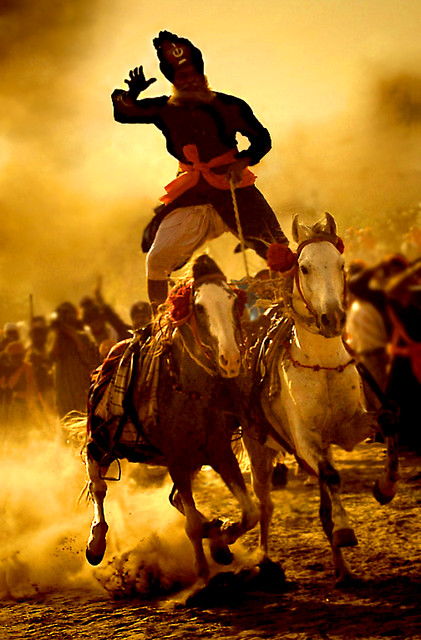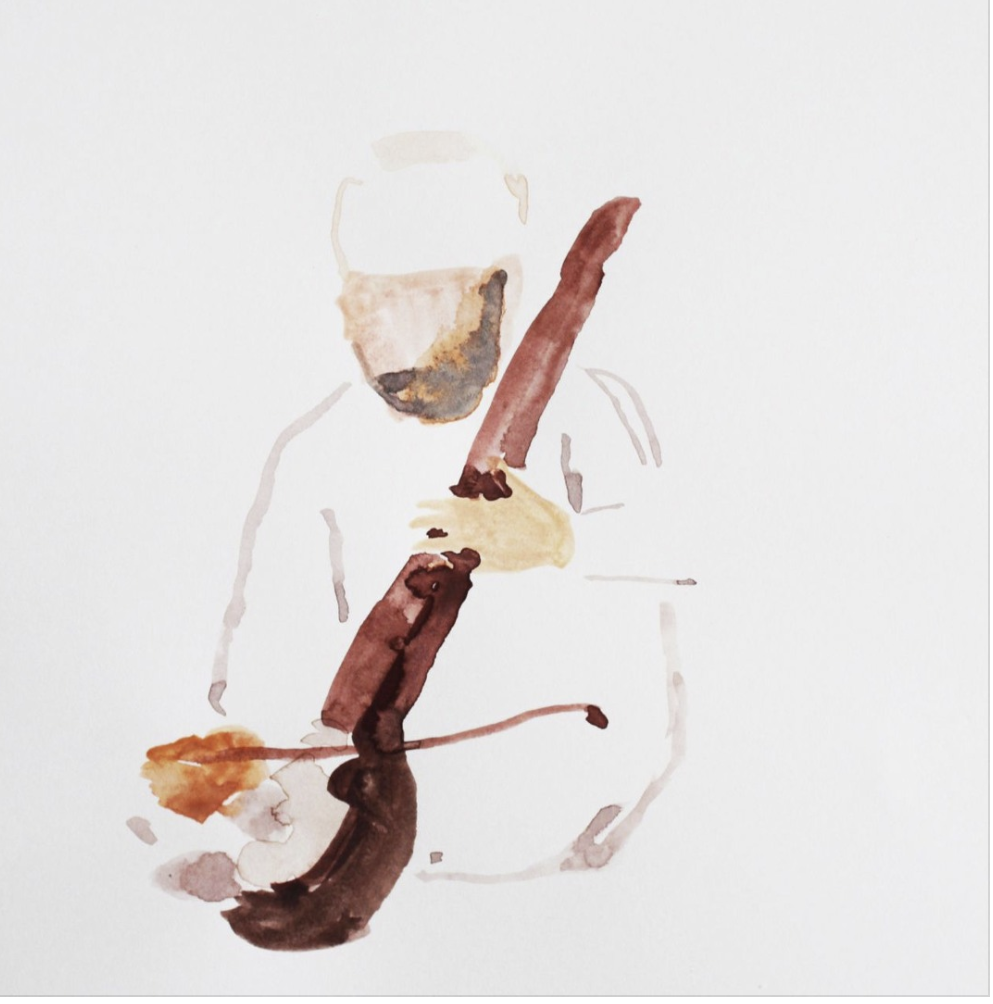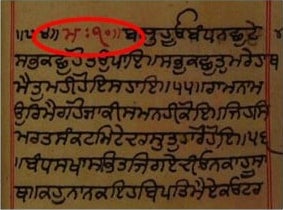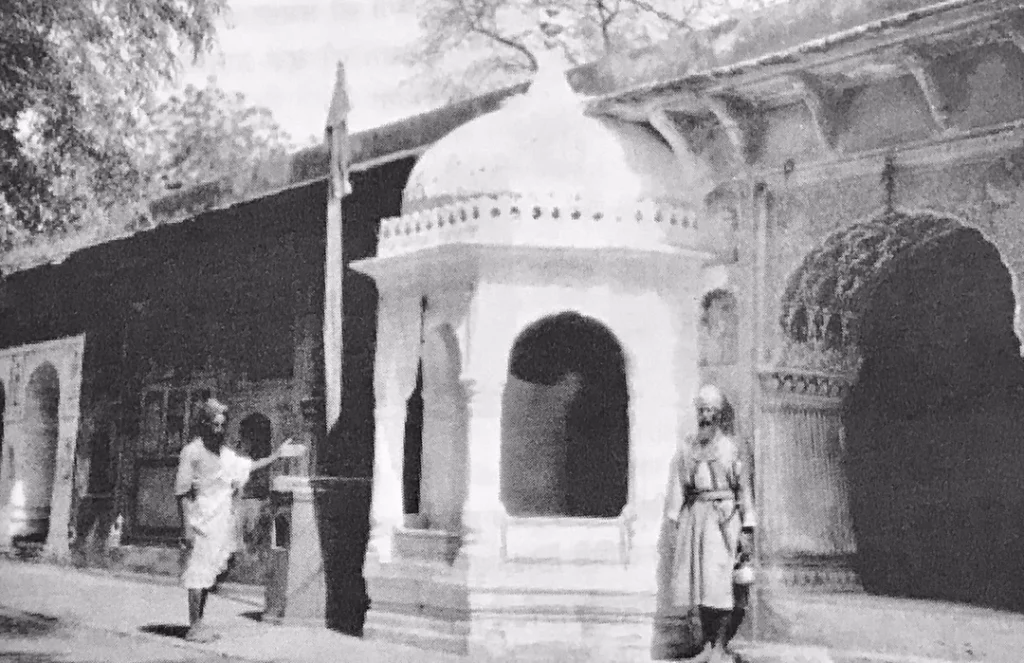Explore the distinctive and largely unknown Sikh architectural style, with its rich history in gurdwaras, forts, and palaces, by S.S. Bhatti.
Discover Sahib Ganj, a historic town in Bihar, graced by Guru Tegh Bahadur, housing sacred Sikh relics at Old Nanak Shahi Sangat. Visit now to learn more!
Learn about Naina Singh, the 18th-century Nihang warrior famed for valor & guardianship of Akali Phula Singh, a Sikh icon. Explore his lasting legacy.
Discover Hola Mahalla, a lively Sikh festival following Holi, featuring martial arts displays and colorful processions at Anandpur Sahib. Celebrate heritage!
Explore Asa, a key raga in Sikh music, known for its mystical mood and significance in the holy Guru Granth Sahib. Perfect for devotional melodies.
Discover the significance of 'Mahala' in Guru Granth Sahib, denoting the spiritual lineage and authorship of Sikh Gurus starting with Guru Nanak.
Explore Akal Bunga, the iconic site housing the Akal Takht in Amritsar, a symbol of Sikh religious authority. Learn its role and history here.
ALAMGIR, a village in Ludhiana district, 13 km to the southwest of the city (30°54\'N, 75°52\'E), is famed for its Gurdwara Manji Sahib Patshahi 10. Guru Gobind Singh made a halt in the village as he was travelling after the battle of Chamkaur in December 1705. Here the Guru discarded the palanquin which he had used for part of the journey, and took a horse presented by an old disciple, Bhai Naudha. A Manji Sahib was later constructed on the site. At present, the gurdwara compound covers over three acres of land.

